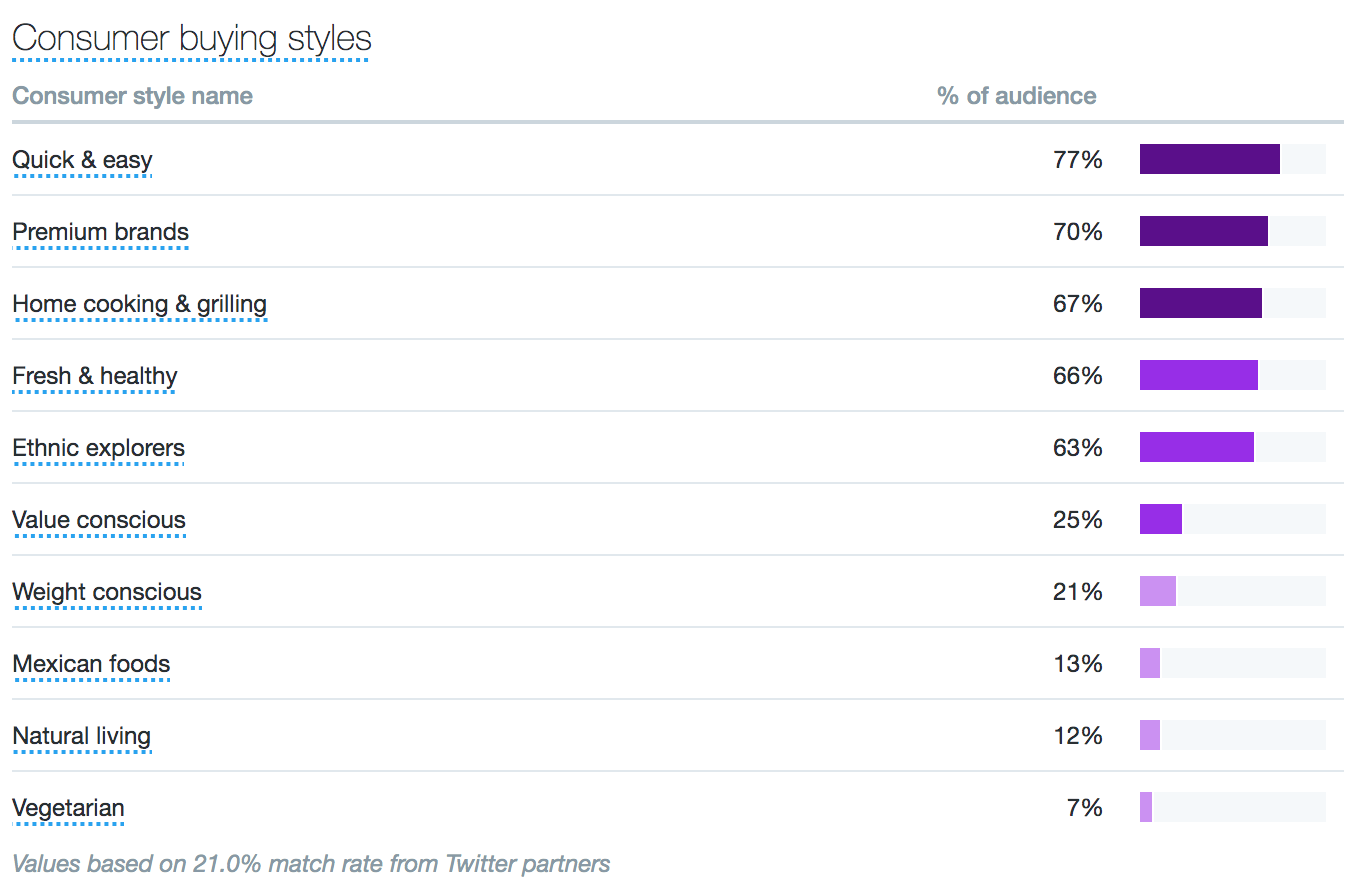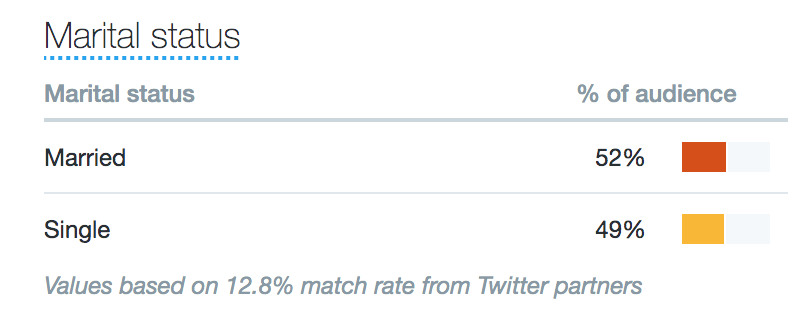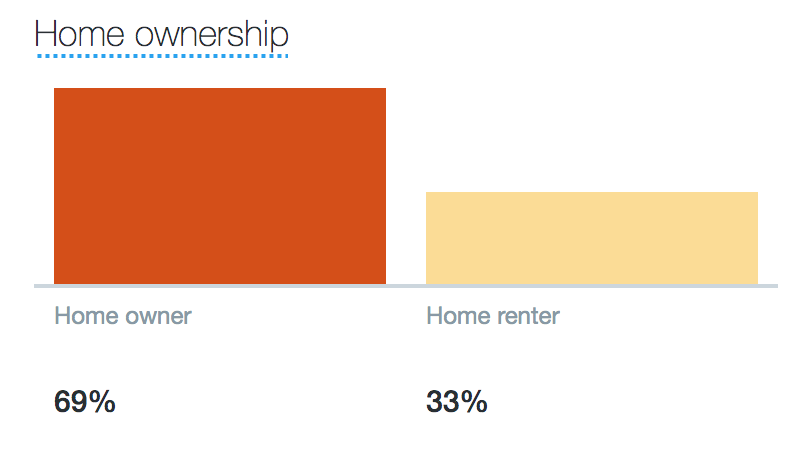A clear example of the effects of chronic psychosocial stress in adults is burnout, a syndrome associated with a number of negative consequences to workers’ well-being and health. Uncontrolled work stress is a significant predictor of adverse physical consequences, including hypercholesterolemia, type 2 diabetes, coronary heart disease, and hospitalization caused by a cardiovascular disorder, musculoskeletal pain, changes in pain experiences, prolonged fatigue, headaches, gastrointestinal issues, respiratory problems, severe injuries, and early mortality at age younger than 45 years. Potential mechanisms contributing to burnout include dysregulation of the HPA axis and ANS, which are accompanied by impaired immune function and inflammation.47 These interrelated stress systems increase the risk of adopting poor health choices (e.g., smoking, lack of physical activity and sleep, bad eating habits) that make the individual vulnerable to infectious disease, such as flu-like illnesses, the common cold, and gastroenteritis.
This reminds me of burnt out nurses. I am sure that everyone has encountered at least one. They cope with stress through poor health choices: smoking, junk food, lack of exercise, etc. This eventually leads to increased call ins partially due to a weakened immune system.


